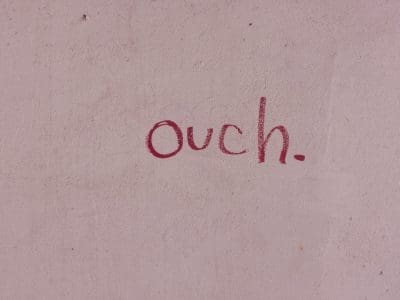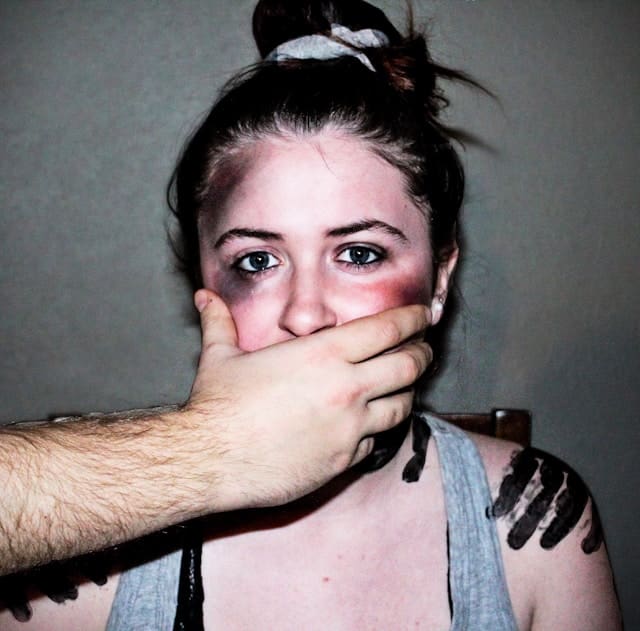…. and what to do about it.
STEP 1:
If you suspect you are in an emotionally abusive relationship, dynamic or situation (Read PART A if you’re not sure), of course, first I am going to suggest you invite the other party to join you in some relationship counselling, to see if together, you can change the emotionally painful toxic dynamic. Now, you’re likely to get some initial resistance to this request, because either:
- the other party is simply scared, because deep down, they know these are not the best ways to behave, or
- they will totally dismiss the idea, as these emotionally abusive behaviours are working just fine for them – you’re the problem!
In either case, please know, that investing your energy in trying to change them is completely futile –
you can waste a whole lifetime on that project!
They have to want to change, and be willing to do the work of changing, by, and for themselves – that’s their journey in life.
The good news is though, you can change yourself
… and hence your journey from here onwards! (Whether they want to come with you on that exciting transition, will be up to them being brave enough to change too!)
Most people, when they realise they are being emotionally abused, feel silly, embarrassed or ashamed that they find themselves in such a situation. However, it actually says nothing about them (or you), other than you are most likely, loyal, kind, supportive and empathic in nature. It does, however, say a lot about the person using the emotionally abusive behaviour! It is not your shame, but their shame –
Be sure not to carry their shameful behaviour as a statement about you!
If the relationship has gone on for a long time, or you grew up in an emotionally abusive household, some counselling with an empathic therapist will help to rebuild your often shattered sense of self worth.
Only by valuing yourself do you show others how you deserve to be treated.

STEP 2
Once you’ve identified and owned the toxic dynamic that you find yourself in, the next step is …
to be brave!
Brave enough to step out from behind the shadow of the abuser’s shame. Share with your friends and/or your family what’s really been going on. (If this is too difficult, then share with a skilled qualified counsellor, or call a helpline – any professional to help you begin to regain your voice.)
Have friends help you regain a sense of who you used to be. Have them support you to start enjoying activities you once loved. As you regain confidence in yourself, you will no longer need to be so dependent on the approval of the abuser.
Whether you can stay in the relationship and regain a sense of self will depend a lot on the other party. Either :
- they’ll join you in the counselling and changing – that would be wonderful for both of you, or
- they’ll likely make the whole process very difficult for you – in which case you will probably need the support of a counsellor, family and friends to leave the relationship to create emotional safety for yourself.
Love is not painful!
Love is love …. pain is pain!
It’s that simple!
(But too often we confuse the ache for love, as love!)

Remember, relationships are meant to support us to grow and thrive, not limit us. So if your growth is threatening to the other person, that’s a very good sign they struggle to truly want the best for you.
If you have to try really hard to be loved … it does not mean you are unloveable.
It more likely means the other person is not very good at loving in a healthy way!
Still unsure if you are in an emotionally abusive relationship? Do a little day-dreaming and write a list of how you would like to be loved and cared for. Now go through your list – how well are other people doing at loving you?
Stop trying to convince them to change – listen to how you need to change to ensure you are loved and nurtured in a respectful way.
Appreciation to the photographers …
https://unsplash.com/s/photos/Sidney-Simms
Unknown
https://unsplash.com/@jannerboy62






